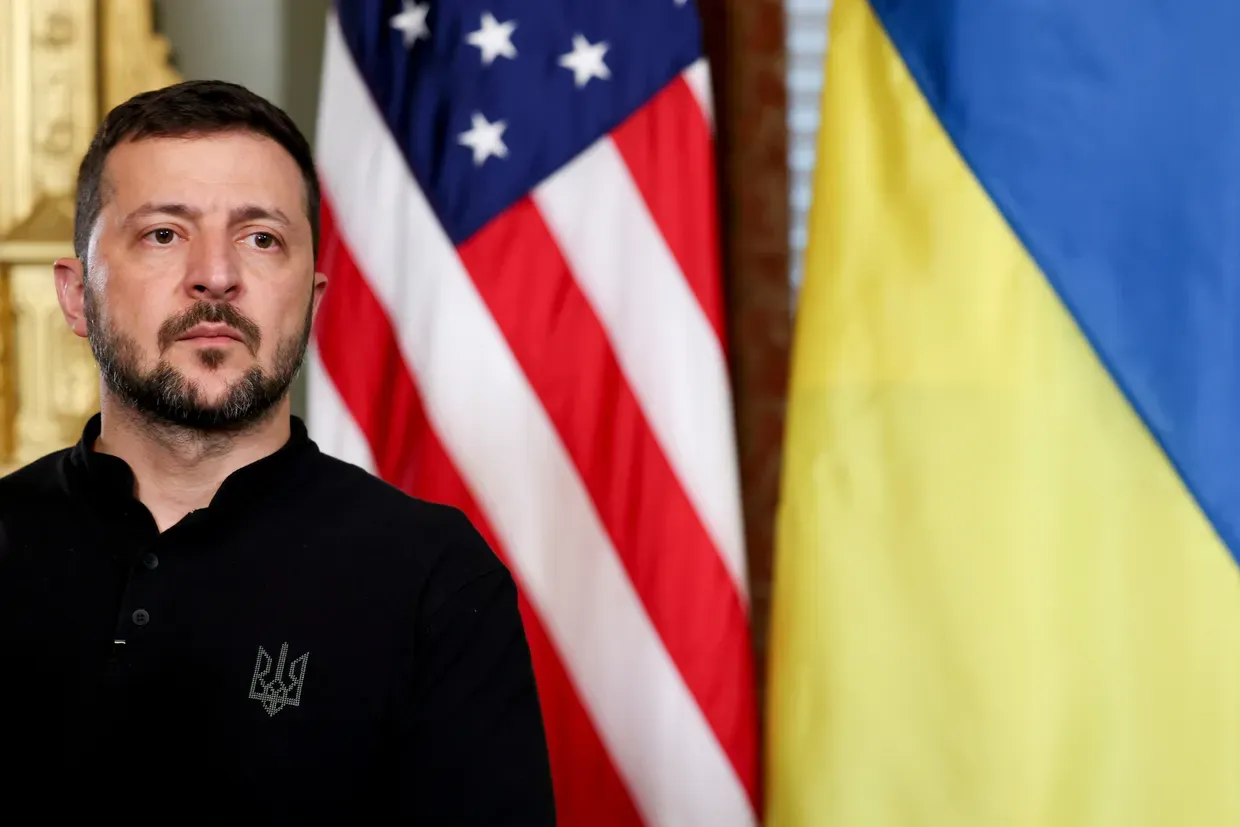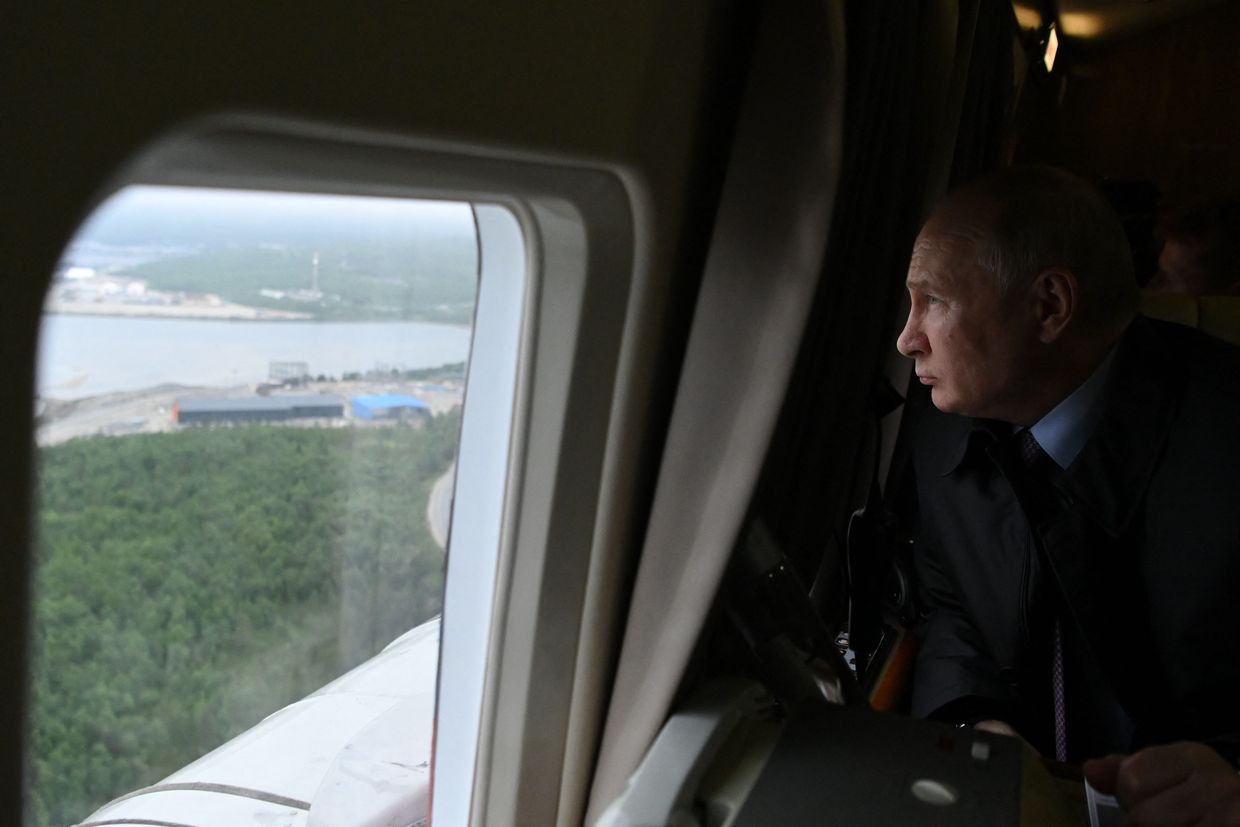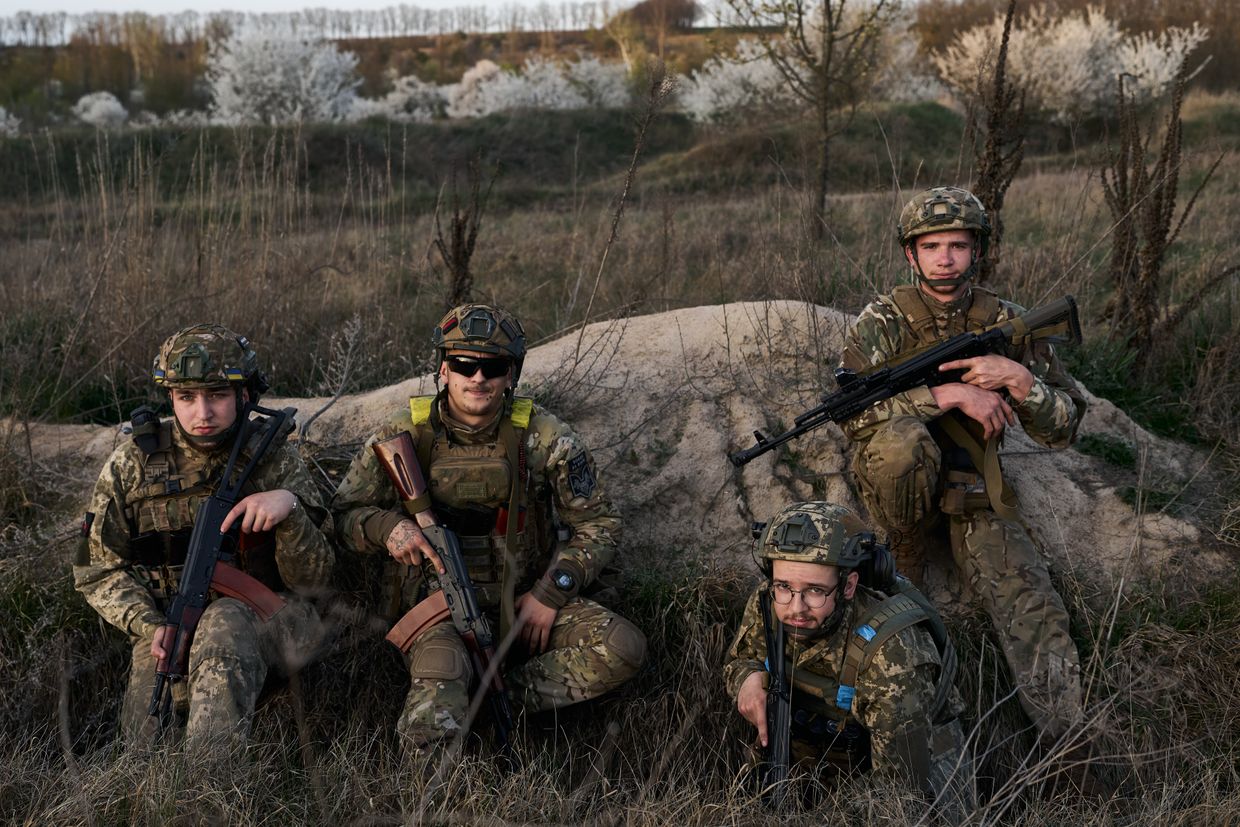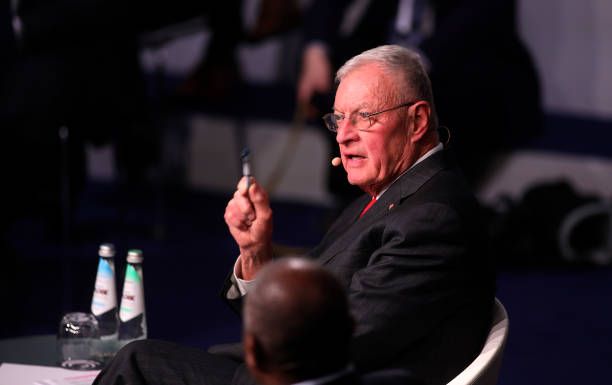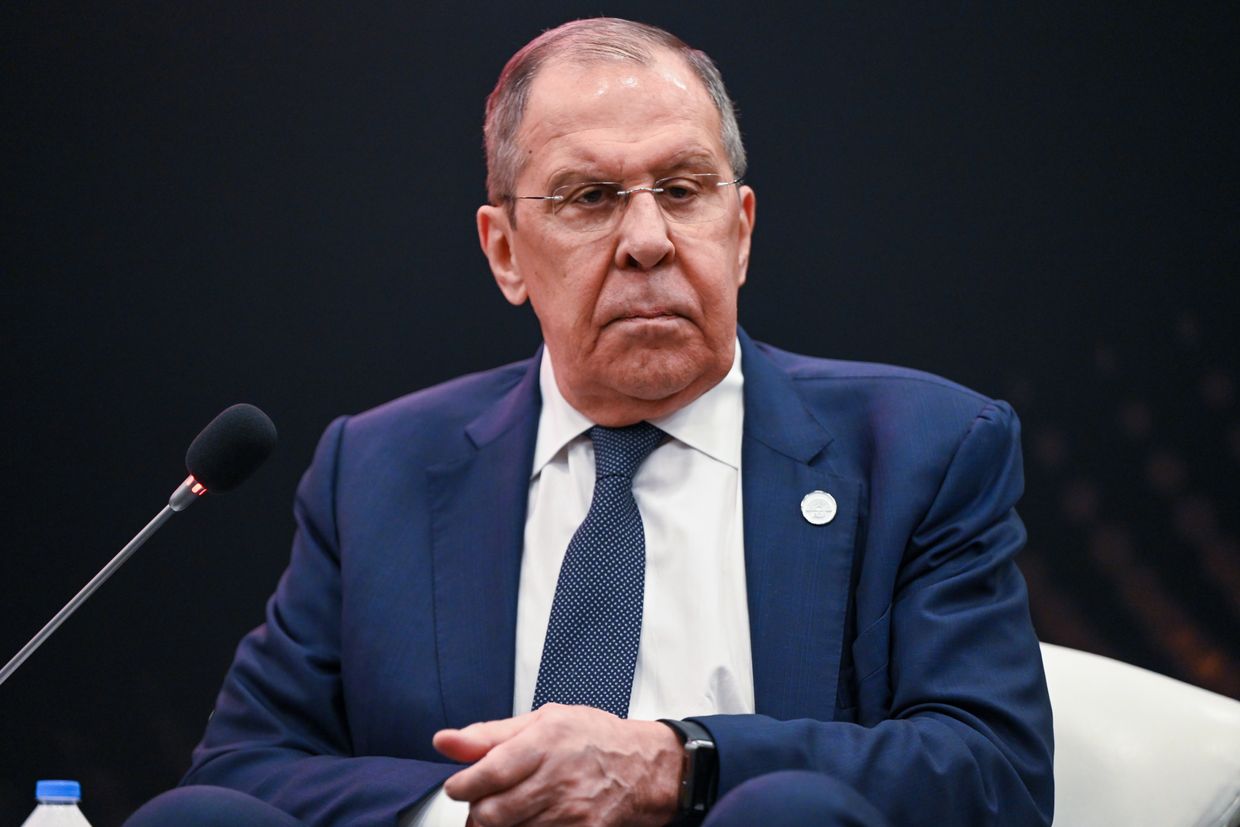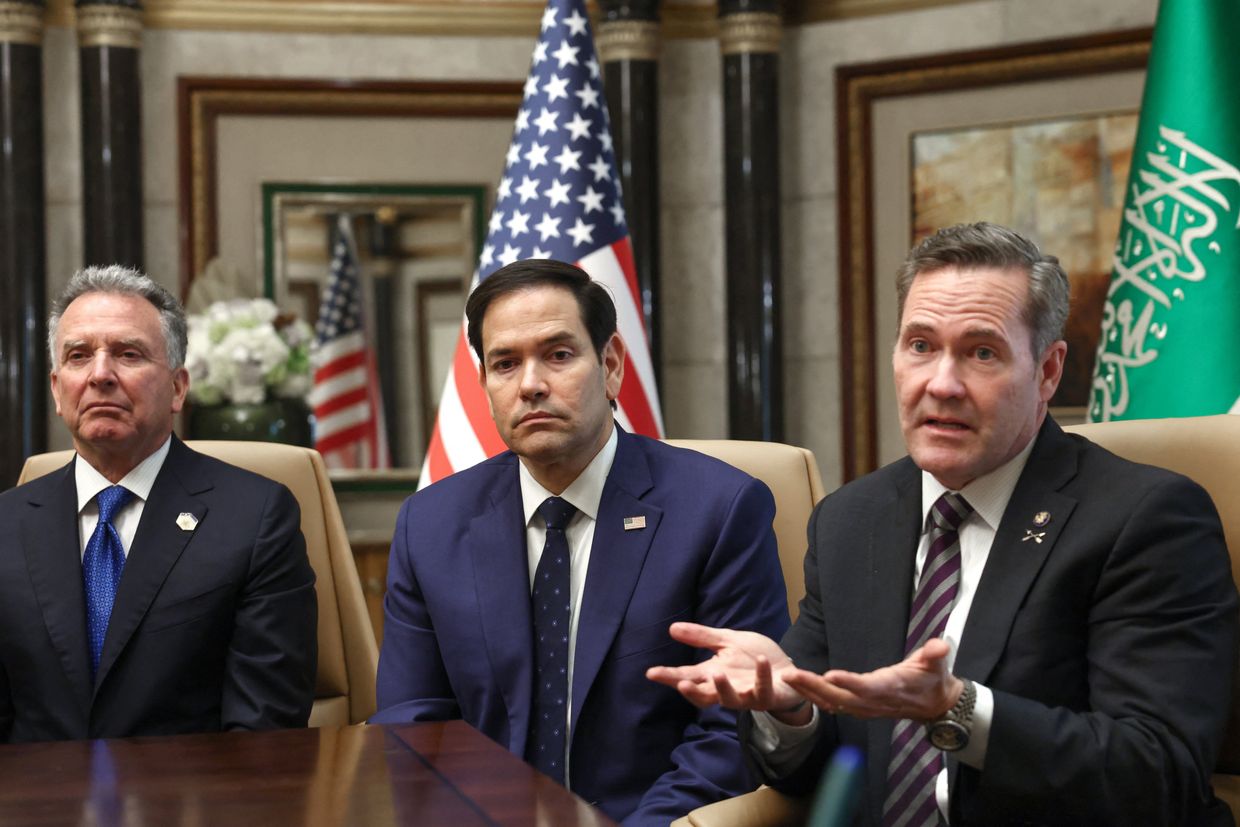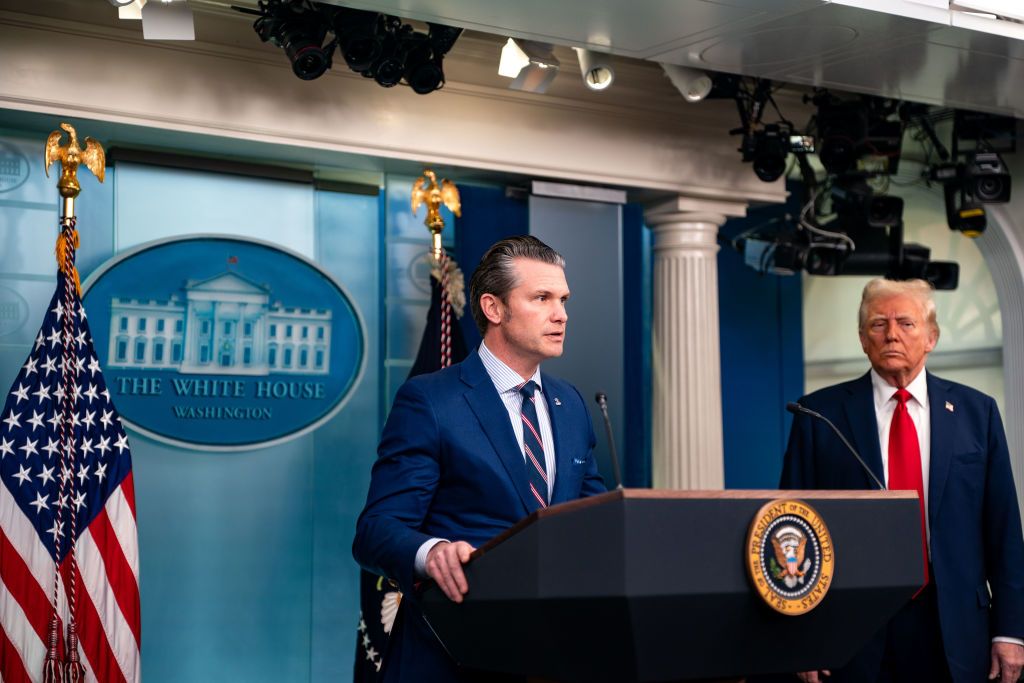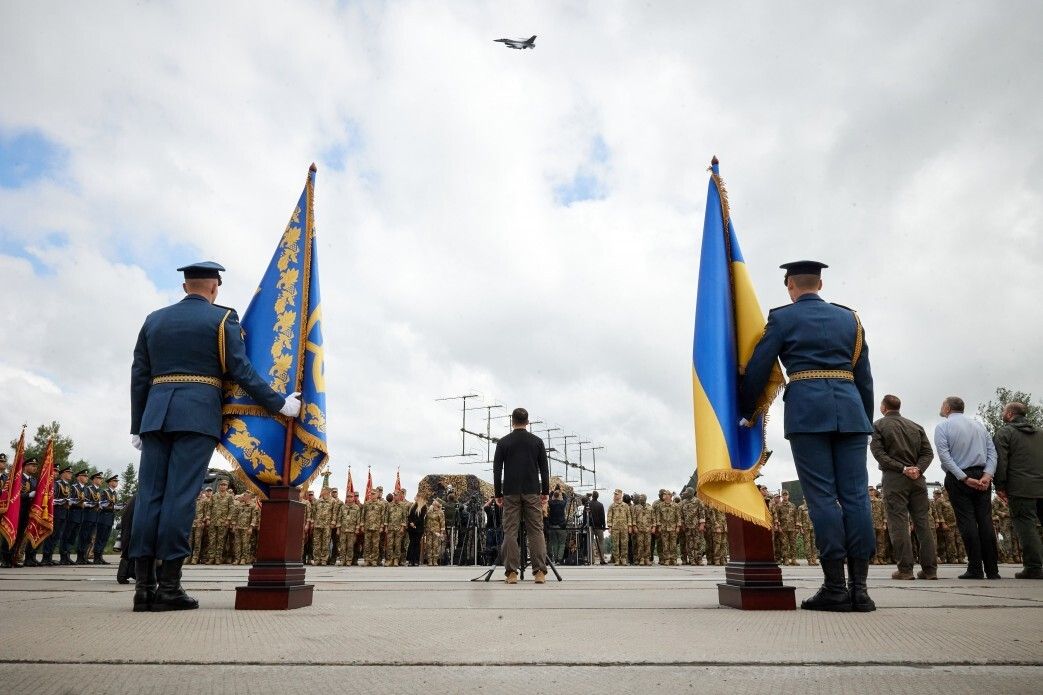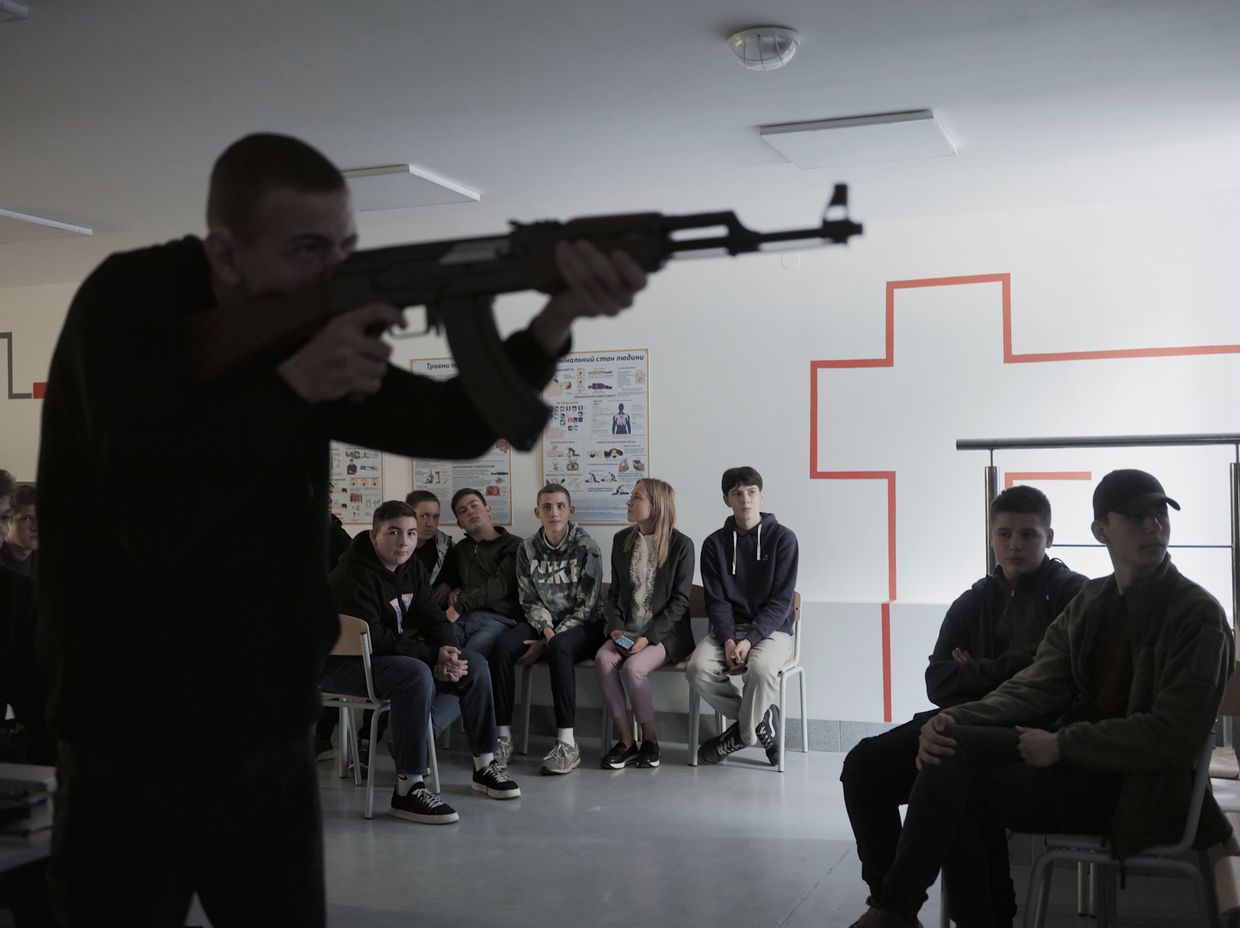The bipartisan committee tasked with promoting democracy and human rights in post-Soviet states is urging the U.S. to abandon its post-Cold War approach to Russia and officially recognize Moscow as a "persistent" threat to global security.
In a report obtained by The Hill ahead of its release, the Helsinki Commission calls for a major shift in Washington's strategy toward Russia, similar to its recent rethinking of relations with China, and recommends allocating resources accordingly.
A key element of the proposed strategy is ensuring Ukraine’s victory in its war against Russia. The report advocates for "massive" military and humanitarian aid to Kyiv and supports allowing Ukraine's forces to strike targets deep inside Russia using U.S.-supplied weapons.
These recommendations go beyond the Biden administration’s current commitments to Ukraine and conflict with the views of former President Trump, the Republican presidential nominee, and his congressional allies. Trump has argued that the U.S. is overspending on European security and has campaigned on negotiating a deal between Ukraine and Russia through direct talks with their leaders, including Russian President Vladimir Putin.
The Helsinki Commission's report recommends that Russia's nuclear threats "cannot simply be dismissed," but should instead be countered with "sound reasoning."
"We can’t let fear dominate how we think about this kind of stuff," a congressional aide said, explaining the report’s call for a clear plan to address and respond to potential nuclear threats and attacks.
The report also advocates for a shift in how Washington views Russia, urging policymakers to stop treating the country as a superpower or near-peer to the U.S. solely because of its nuclear arsenal.
The report emphasizes the need for the U.S. to be fully engaged with its global allies, particularly those on the front lines of Russian aggression, manipulation, and coercion. This stance pushes back against the rising trend of isolationism, especially within the GOP.
